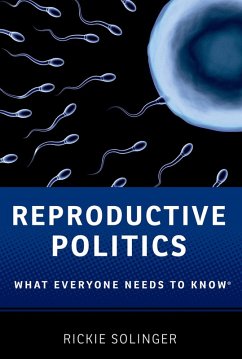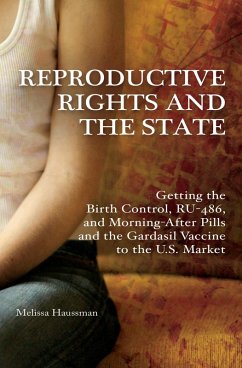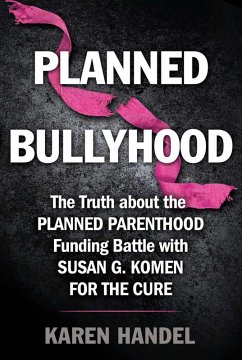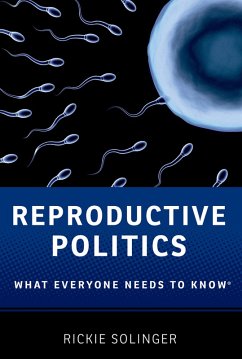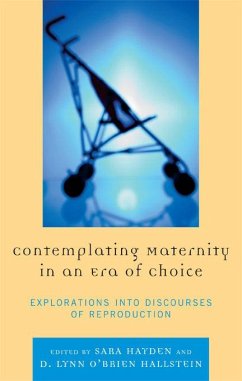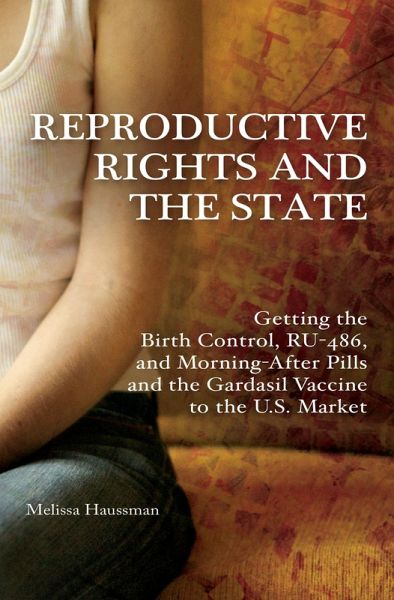
Reproductive Rights and the State (eBook, ePUB)
Getting the Birth Control, RU-486, and Morning-After Pills and the Gardasil Vaccine to the U.S. Market
Versandkostenfrei!
Sofort per Download lieferbar
34,95 €
inkl. MwSt.
Weitere Ausgaben:

PAYBACK Punkte
17 °P sammeln!
Simultaneously examining four significant, never-before-combined case studies, this unique feminist analysis offers troubling revelations about the private-public interaction in U.S. policy affecting birth control drugs. Reproductive Rights and the State: Getting the Birth Control, RU-486, and Morning-After Pills and the Gardasil Vaccine to the U.S. Market tackles a subject that remains controversial more than 60 years after "the pill" was approved for use in the United States. The first book to examine the politicization of the FDA approval process for reproductive drugs, this study maps the ...
Simultaneously examining four significant, never-before-combined case studies, this unique feminist analysis offers troubling revelations about the private-public interaction in U.S. policy affecting birth control drugs. Reproductive Rights and the State: Getting the Birth Control, RU-486, and Morning-After Pills and the Gardasil Vaccine to the U.S. Market tackles a subject that remains controversial more than 60 years after "the pill" was approved for use in the United States. The first book to examine the politicization of the FDA approval process for reproductive drugs, this study maps the hard-fought battles over the four major drugs currently on the U.S. market. To make her case, Melissa Haussman scrutinizes the history of the FDA and the statutes that have governed it, as well as interactions between the U.S. government, American pharmaceutical companies, and the medical community. The analysis centers on explaining how three reproductive drugs were kept off the U.S. market well after their efficacy had been proven, while the availability of the fourth, Gardasil, has less to do with helping girls than with preserving the financial wellbeing of Merck. Readers will come away understanding how, when it comes to reproductive drugs, women's health concerns have consistently taken a backseat to political agendas and corporate profits.




